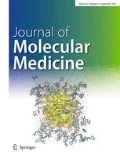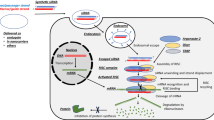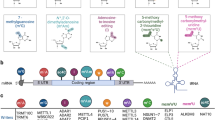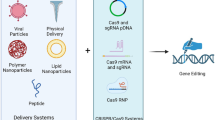Abstract
Recent studies have suggested that the use of aminoglycosides to suppress disease-causing nonsense mutations may be a promising new therapy for a large number of genetic diseases. However, gentamicin is currently the only clinically relevant aminoglycoside shown to suppress premature stop mutations in a mammalian system. We compared the ability of the clinically approved aminoglycosides gentamicin, tobramycin, and amikacin to suppress premature stop mutations. Using readthrough reporter constructs as well as mammalian cDNAs containing naturally occurring premature stop mutations, we found that each of these aminoglycosides can suppress many premature stop mutations in a context-dependent manner in a mammalian translation system. Our results indicate that the tetranucleotide termination signal (the stop codon and the nucleotide 3′ of the stop codon) is the primary determinant for aminoglycoside-mediated suppression. The levels of termination suppression achieved by tobramycin were substantially lower than those observed with gentamicin. In contrast, amikacin stimulated suppression in a manner that was generally similar to gentamicin. Amikacin produced higher levels of readthrough than gentamicin at some contexts, demonstrating a unique pattern of context dependence. Experiments with mammalian cDNAs confirmed these results and demonstrated that these aminoglycosides can also suppress disease-associated premature stop mutations previously identified in the IDUA gene (responsible for the lysosomal storage disease mucopolysaccharidosis I) and the P53 gene (associated with many forms of cancer). Taken together, these results suggest that amikacin represents an alternative to gentamicin for suppression therapy in certain contexts, thus providing a means of optimizing the efficacy of aminoglycoside-mediated suppression of premature stop mutations.
Similar content being viewed by others
Author information
Authors and Affiliations
Additional information
Electronic Publication
Rights and permissions
About this article
Cite this article
Keeling, K.M., Bedwell, D.M. Clinically relevant aminoglycosides can suppress disease-associated premature stop mutations in the IDUA and P53 cDNAs in a mammalian translation system. J Mol Med 80, 367–376 (2002). https://doi.org/10.1007/s00109-001-0317-z
Received:
Accepted:
Published:
Issue Date:
DOI: https://doi.org/10.1007/s00109-001-0317-z




